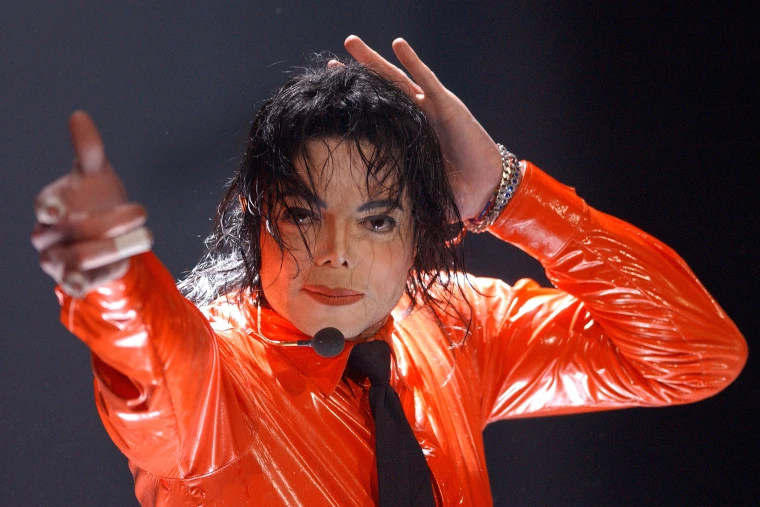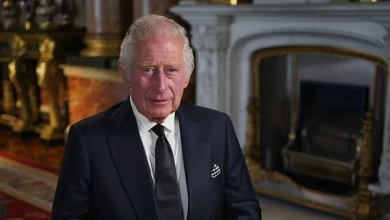Michael Jackson’s death on June 25, 2009, left behind a legacy of music and a trail of debt. At the time of his passing, the King of Pop was over $500 million in debt, according to court documents. However, his estate has since been transformed into a lucrative business, now valued at over $2 billion.
Jackson’s financial struggles began as early as 1993, with debts mounting to $140 million by 1998. By 2009, his debt had increased by $170 million, with interest rates ranging from 7% to 16.8% annually. Despite his financial woes, Jackson was determined to revive his career with his “This Is It” residency at the 02 Arena in London.
After his death, the financial burden of launching the massive tour fell on his estate, which owed roughly $40 million to concert promoter AEG. However, estate executors John Branca and John McClain, along with their legal team, successfully renegotiated financing arrangements, avoiding the loss of any assets to lenders.
The estate has since expanded its assets, acquiring an interest in EMI Music Publishing and selling its stake in Sony/ATV Music Publishing for $300 million. The estate’s beneficiaries, Paris, Prince, and Bigi Jackson, have also received significant compensation.
Despite the estate’s financial success, legal battles persist. Two alleged victims, Wade Robson and James Safechuck, have been granted a trial against the estate, alleging sexual abuse and cover-up by Jackson’s companies. The estate denies any wrongdoing, and the case is ongoing.
In a statement, Jackson’s attorney, Jonathan Steinsapir, expressed confidence in the truth prevailing, citing Jackson’s own words: “Lies run sprints, but the truth runs marathons.”




